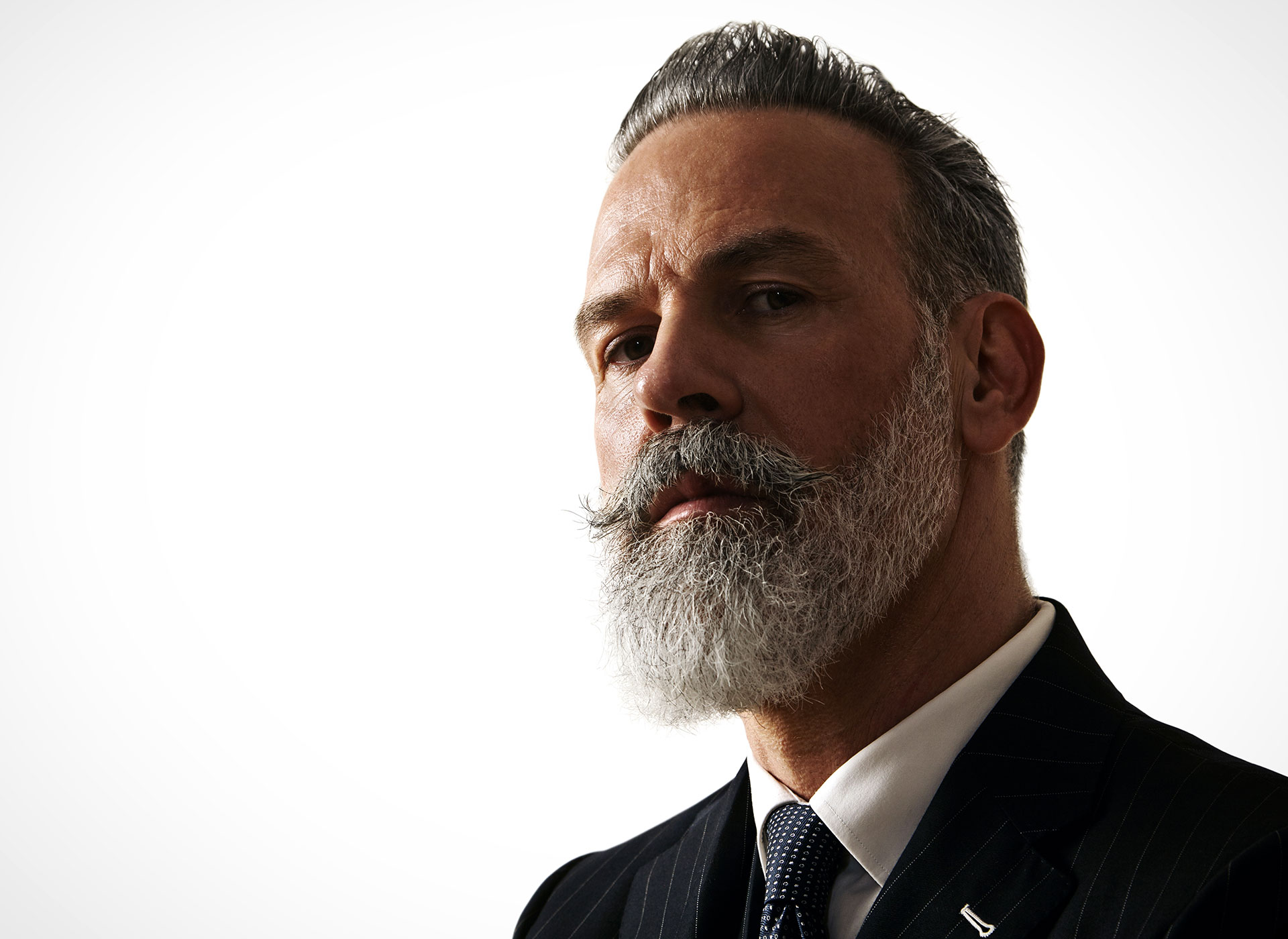Winning in Business and Families
One of the most successful movies in the past fifty years was The Godfather, the story of the Corleone family, a Mafia family run by Vito, with four children; Sunny, Michael, Frederico, and Constance. While the Corleone family mission statement is not something I recommend, I think there is something to learn from them about effectively managing family wealth.
- The children did not receive individual inheritances. The wealth was retained within the family and managed by the entire family.
- The family in its entirety was a business, a type of holding company that owned and operated other businesses.
- All the children, and in-laws, were involved in the business even though they may have had other careers. The “godfather” was still the final decision maker, but everyone in the family could share their opinions about, and desires for, the family’s future.
- Stronger together. The plot of the movie centers around wars between multiple Mafia families for power and control. The family that aggregated and controlled the most resources and power became the dominant family. They survived and others did not. Distributing the wealth to the individual children would have ended the family’s dominance and every child would have suffered. In fact, in the Corleone family, without the entire family behind them, it could have been a death sentence.
- All the children benefited. Each child had access to everything they needed even though the family wealth was not physically transferred into their individual names.
- The four siblings were very different. Sunny was volatile and egotistical; Michael was educated, smart and pragmatic; Frederico was weak, insecure, and not very bright; and Constance was not a good judge of character when it came to choosing a husband. Still, they were all involved in, and supported by, the “family business” to varying degrees.
- Each child had a specific role in managing the “family business.” Their personality, experience, maturity, and training decided the role they played. Michael, the youngest son who did not want involvement in the family business, became the “Godfather” over his older brother, Sunny, when Vito Corleone died from a heart attack. That decision was based on capability, not seniority.
- Education and work experience. Every child grew up in the family business. We do not know at what age they became aware of the family’s business enterprises, but they knew exactly what the family mission statement was and their individual responsibilities within the business. They were all being groomed from early childhood to take over when their time would come.
- Freedom to not participate. The movie starts with Michael returning from WWII military service and intent on pursuing a career outside the family business. He understood very well what the family business is about, but did not want to be part of it. Whatever that outside career might have been, the family members and resources were still available to help him be successful.
- Succession and legacy. There were Godfather II and Godfather III sequels. By keeping the wealth and resource in and controlled by the entire family, the Corleone name continued to be a reckoning force well into the future.
- Within crime families it was understood that harming one family member would bring the wrath and vengeance of the entire family on the person doing the harm. Every family member protected all the other family members. They did everything they could to ensure every family member was adequately taken care of and had what they needed to be successful. However; it was done in ways that did not encourage entitlement or recklessness.
- The family had a Consigliere. “A consigliere is an advisor or counselor to the patriarch with the added responsibility of representing the patriarch in important meetings both within the patriarch’s family and with others outside the family. The consigliere is a close, trusted friend and confidant, the version of an elder statesman; he is an adviser to the patriarch and the family, and sometimes is his ‘right-hand man’. He is devoid of ambition and dispenses disinterested and unbiased advice. By the very nature of the job, a consigliere is one of the few in the family who can argue with the patriarch, and is often tasked with challenging the patriarch when needed, to ensure subsequent plans are foolproof.” (Wikipedia) I edited this definition by removing the “Mafia” and “crime” references, but the concept is still very important. Every family needs a family coach, a Consigliere, that is not a family member and can offer wise counsel that keeps the family strong and carrying out its mission statement, and reconciles family differences and disputes.
What could your family achieve, what would your family look like, in fifty years if you applied the above to accomplish good for the world rather than benefiting only self? When the Corleone family said, “We will make him an offer he can’t refuse,” it was not going to be good for the person who was the object of that statement. But, if you plan your family’s future using the above principles in ways that can offer your heirs greater benefits and futures of significance, to make it so attractive, to make it an offer they cannot refuse for all the right reasons, there will be many more than second and third sequels.
You can get more insights from my book, You Can Have It All-Wealth, Wisdom, and Purpose. Strategies for Creating a Lasting Legacy and Strong Family” at our website below.
You can review articles on investing, financial planning, business planning, and family coaching and wealth transfer at our Learning Hub Kip Kolson, President
Family Wealth Leadership helps families transform True Wealth into purpose so every generation can be healthier, wealthier, and wiser by coaching parents and children in how to invest, build, operate, manage, and work as a team to achieve a worthwhile and common purpose that creates a legacy of significance. www.familywealthleadership.com

